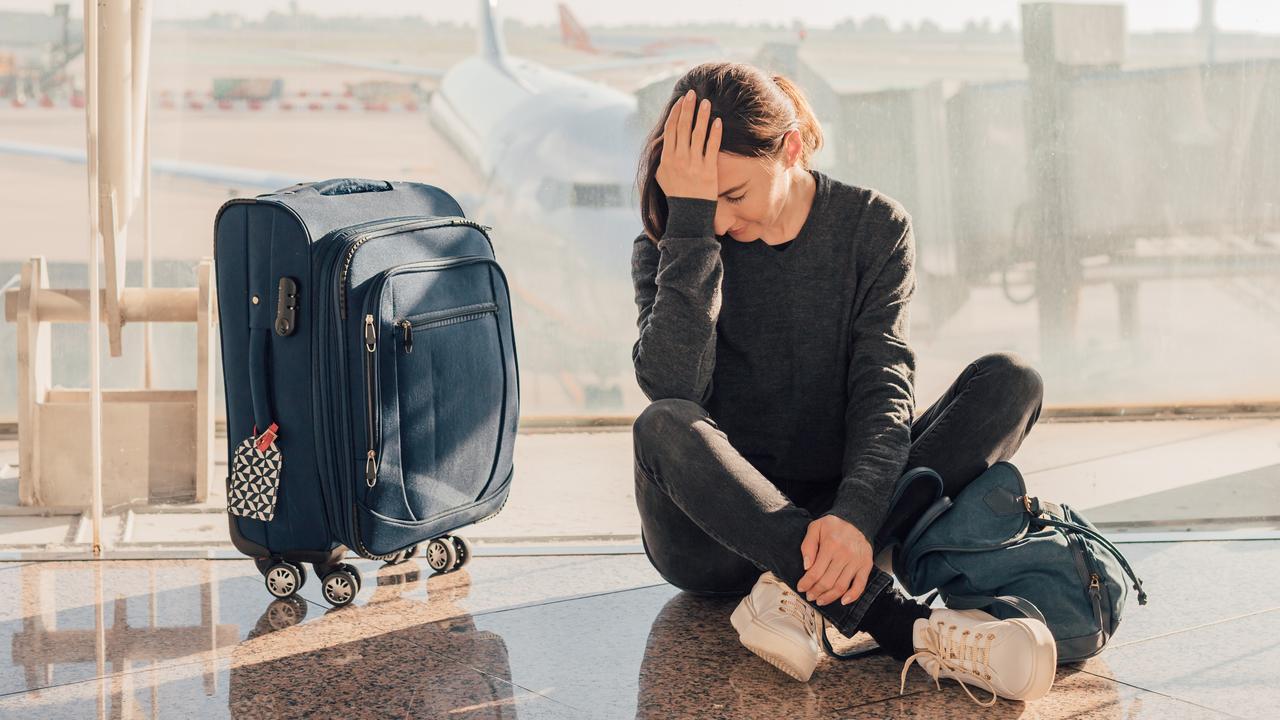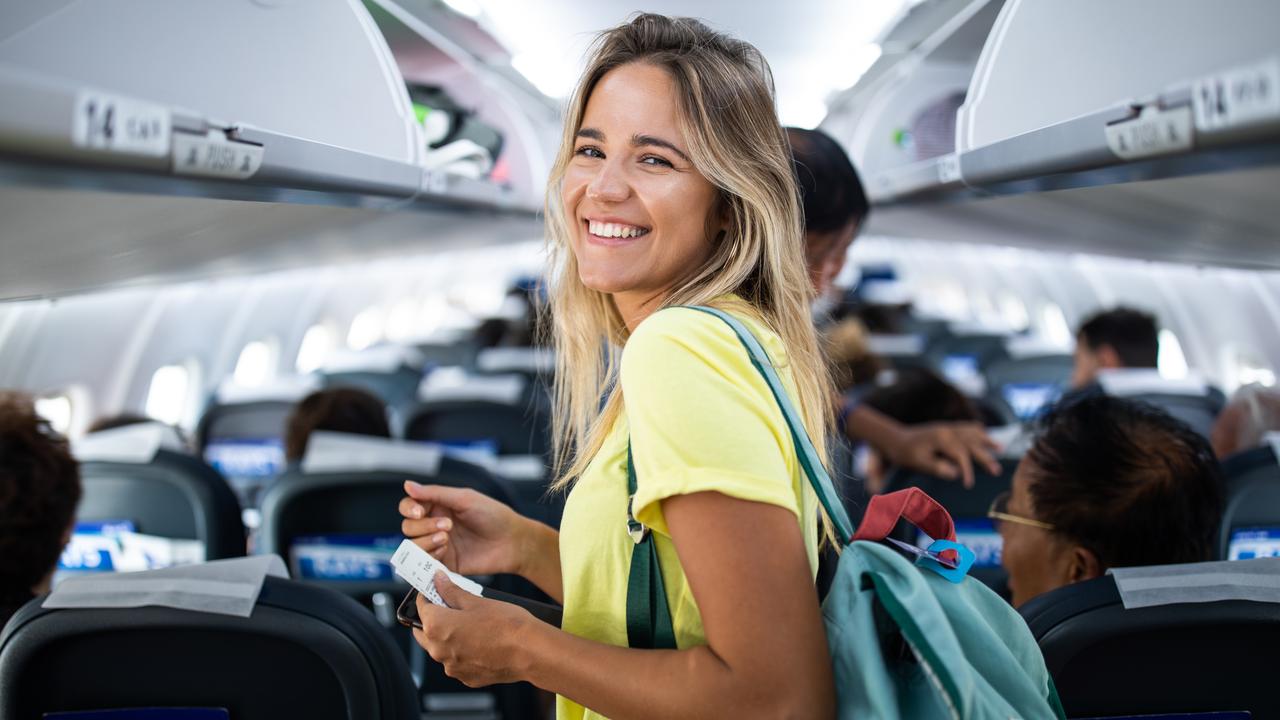How to budget and avoid debt after your next big holiday
More than four million Australians will not budget for their planned holiday in the next 12 months and will return in debt. See our tips for how to see the world without breaking the bank.
Nothing spoils a relaxing holiday more than suffering debt lag on your return home.
And with 57 per cent of Australians planning a getaway in the next 12 months, according to Finder’s Consumer Sentiment Tracker, balancing the travel budget and home budget have never been more important as the cost of food and fuel, household bills and interest rates continue to rise.
A new report from buy now, pay later company Zip shows 4.4 million Aussies will not budget for their planned holiday and will return with a blown budget. Similarly, a Finder survey in February found 1 in 8 (12 per cent) plan to borrow money to pay for their next getaway.
That’s 2.3 million holiday-makers who will definitely come home to debt, while more than half of Australians (56 per cent) tap into their savings when booking holidays.

Bond University associate professor and Habit Change Institute director Dr Gina Cleo says Zip’s Jet Lag Not Debt Lag travel report reveals “some of us are planners, budgeters, and deal-hunters, while others prefer to forget the budget, buy all the things, and leave nothing behind”.
“Regardless of the way you like to plan your holiday, it’s important that you set a realistic budget on how much you plan to spend whilst you go away – ideally a specific sum,” Cleo says.
Amy Bradney-George, credit card expert at Finder agrees. “Flights and accommodation are big-ticket items that most of us know we’ll have to pay before a trip. But it’s also a good idea to budget for spending when you’re away,” she says.
“If you can, do a bit of research on the cost of meals, drinks and transport before you reach your destination. Think about what types of activities you want to do and get an idea of the costs.”
Bradney-George says a lot of tours and events can be prepaid before your trip, which can make it easier to stick to a daily spending plan while you’re away.
“If you have used a credit card or buy now, pay later for some of the costs, it’s also worth planning out how you’ll repay them when you get back,” she warns.
Cleo says establishing good habits around saving and spending are key.
She recommends forecasting how much you’ll need when you return to your “regular life” so that you don’t get caught off guard when you get home.

BE PREPARED
Plan ahead: Set out your itinerary and match it with a budget. Being prepared and knowing roughly what your holiday will cost can help you create a more realistic budget and help you determine when to start saving and how much cash to stash away.
Save early: The average Australian believes they need just over $5500 for them to have the “ultimate no-regrets holiday”. Those who are travel experts feel they need $2000 more for a “no-regrets holiday”. Start saving early, start small, and focus on consistency not intensity.
Get deal savvy: Looking for the best travel deals and booking early can be more affordable, leaving you with more cash to either save, or spend on other holiday goodies.
Create a travel bank account: Get in the habit of using a separate bank account for your holiday – that way you’ll avoid dipping into the mortgage account while travelling.
Source: Dr Gina Cleo




